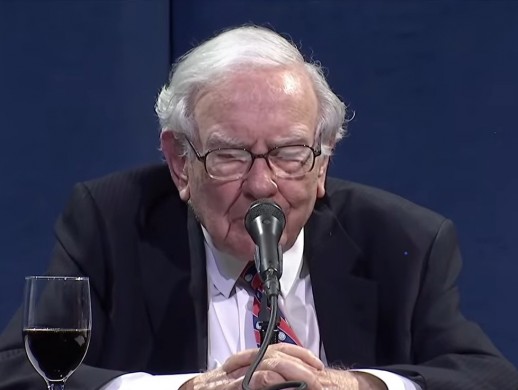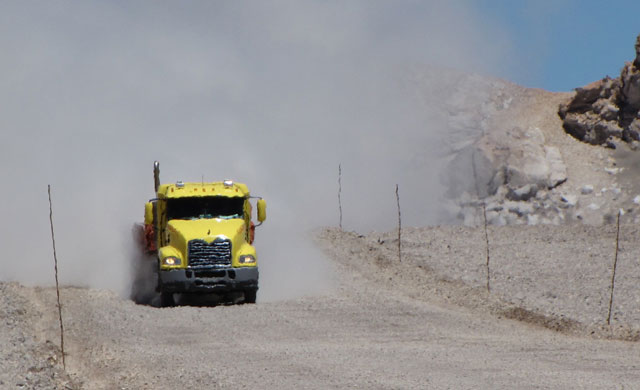Since Covid-19 struck Warren Buffett has been active in selling a number of long-held shares and in spending billions purchasing stakes in other companies. I’m going to speculate about his motivations.

First, the cash holdings
Berkshire’s cash and cash equivalents rose over the first six months of the year from $125bn to a massive $142.8bn, most of which is in U.S. Treasury Bills earning a tiny interest rate.
By contrast, investments in market-listed equity and fixed maturity securities fell to $226.7 billion from $266.7bn in December. In June $207.5bn was in equities and $19.2bn in fixed income.
Most of this reduction is due to price declines, but some is because of decisions to sell equities. Net sales in the second quarter were $12.8bn.
Apart from the $207.5bn invested in minority stakes in stock market listed companies Berkshire owns 100%, or near 100%, of dozens of companies from See’s Candy to BNSF and National Indemnity. If these were floated on the stock market such a group would command a market capitalisation – I guess, very approximately – of $400bn.
Even allowing for both types of equity holdings, the cash pile is large relative to the amount Berkshire has invested in equities. It is the largest amount of net cash Berkshire has ever had. Indeed, it’s one of the largest cash balances any company has ever had.
So, to my first speculative conclusion
Warren Buffett is worried about the course of the US and the world economies and so holds cash in reserve firstly, as a precaution, “We don’t want to be dependent on the kindness of strangers, or friends even, because there are times when money almost stops”, he said at this year’s AGM.
Buffett does not call market tops and bottoms. He merely continually looks for good investments at reasonable prices. Sometimes there are few to be found (which – not entirely coincidentally – often occurs near market tops), and so cash piles up.
Naturally, an assessment of the economic future feeds into the assessment of what is a reasonable price to pay for a company’s future flows. Thus, the prospect of severe economic disruption affects first a judgement of fair value for equity assets, and then into the accumulation of cash.
Cash also opens up opportunities in those times when others are selling assets on the cheap: “We have $120bn in Treasury bills and some in cash, paying virtually nothing – a terrible investment over time. But they are the one thing that when opportunity arises, maybe the only thing you can look to pay for those opportunities is the Treasury bills.” (Warren Buffett, speaking at this year’s virtual AGM)
Is there anything else to back up that conclusion?
What about what he said after selling all of shares Berkshire held in the four largest airlines earlier this year, raising $6bn?
He noted that the world had changed for the airlines, “there are certain industries – the airline industry among others – that are really hurt by a forced shutdown.” (Berkshire’s AGM)
The airline shares were sold despite Berkshire having to record a loss on their sale, having paid $7 – 8bn.
Paying so much made sense when you expected Berkshire’s share of the earnings of those companies to total $1bn per year, “We felt that we were getting a billion, roughly, of earnings in a year – our share of underlying earnings was about $1bn. We thought that number was more likely to go up than down over a period of time.” (AGM)
He no longer expects a billion of earnings, not for many years at least: “I don’t know whether 2-3 years from now as many people will flying as many passenger miles as they did last year. They may, or they may not. But the future is much less clear to me on how the business will turn out…The airline business has the problem that if the business comes back 70% or 80% it has a problem that the aircraft don’t disappear. So, you’ve got too many planes. (AGM)
It’s better to have $6bn in cash available to cope with the possibility of dire economic conditions and for buying opportunities than to have it in assets producing much poorer returns on capital than first envisaged.
What about the sales of US bank shares?
Buffett has been busy spring cleaning of bank stocks corner. At the beginning of the year Berkshire held $8.4bn in JP Morgan Chase. About two-thirds have been sold, and the shares have fallen from $139 to $101, so the value of its holding is now only about $2.3bn
Wells Fargo shares worth $18.6bn on Berkshire’s balance sheet in December (when BH held 8.4% of the bank) are now down to $6bn after selling off 108m shares (out of 346m) and the share price halving from around $54 to $25.
All the Goldman Sachs shares held in
………………To read more subscribe to my premium newsletter Deep Value Shares – click here http://newsletters.advfn.com/deepvalueshares/subscribe-1

 Hot Features
Hot Features










